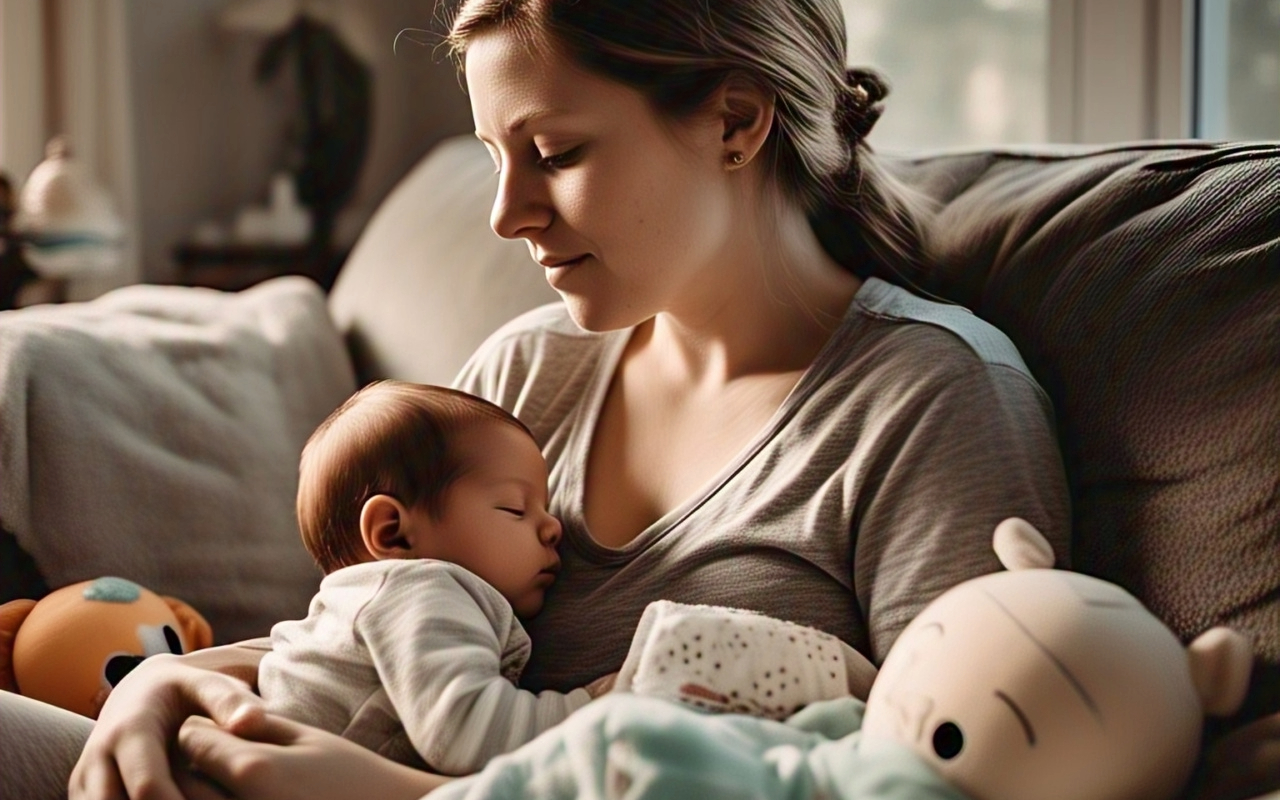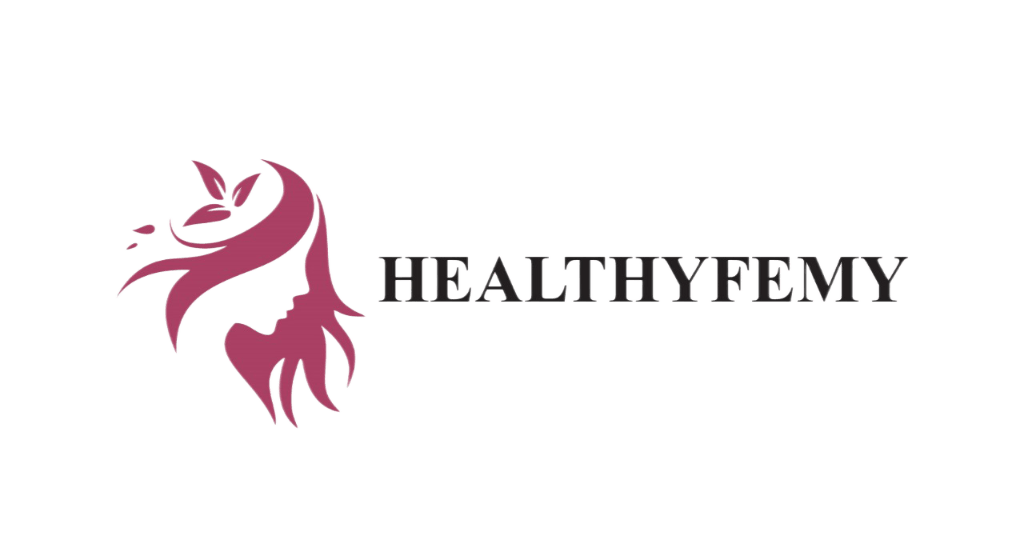Overview
It can be both joyful, overwhelming, and emotionally draining to bring a new life into the world. Although emotional ups and downs are common for new mothers, many experience deeper and longer-lasting emotions. You’re not alone if you or a loved one is wondering, “How long does postpartum depression last?” Resources and assistance are accessible.
Postpartum Depression: What Is It?

About one in seven women experience postpartum depression (PPD), a severe mental health illness, following childbirth. The “baby blues” are a brief emotional drop that usually passes after two weeks, but PPD can last much longer and negatively affect a mother’s capacity to function and form a bond with her child.
Many mothers wonder whether postpartum depression can be prevented. Understanding early warning signs can help. Read our detailed guide on Is Postpartum Depression Preventable? Complete Guide to Postpartum Mental Health.
The following are some of the symptoms
- Irritability or mood swings; persistent melancholy or hopelessness
- Trouble falling asleep, even while the infant is asleep
- Loss of enjoyment or interest in activities; shame or worthlessness; trouble bonding with the child; and, in extreme situations, thoughts of hurting oneself or the child
How long can it last and when does it start?
Although it can manifest at any point during the first year following childbirth, postpartum depression typically starts in the initial weeks. For some people, prenatal depression symptoms can start during pregnancy and persist after giving birth.
If no treatment is provided, PPD can last for months to over a year.
Experts on mental health say:
- With early intervention, mild to moderate PPD may become better in three to six months.
- If left untreated, severe PPD can persist for a year or more and develop into chronic depression.
- A “one-size-fits-all” timeframe does not exist. Numerous personal aspects influence recovery.
Pro Tip: Postpartum depression is treatable and recovery improves significantly when help is taken early. If emotional symptoms last longer than two weeks, consider speaking with a healthcare provider or mental health specialist.
Factors Affecting Recovery Duration

The duration of postpartum depression depends on a number of circumstances, such as:
- Severity of Symptoms: Recovery times are usually longer for more severe symptoms.
- Diagnosis Timing: Immediate diagnosis frequently results in quicker recovery.
- Support System: Family and friends who provide strong emotional and practical support help hasten the recovery process.
- Access to Treatment: Resources for self-care, medicine, and therapy are important.
- History of Mental Health Issues: Women who have previously struggled with anxiety or depression may take longer to recover.
- Sleep and Nutrition: Postpartum mental health is significantly impacted by physical wellness.
Options for Treatment
The good news? There are treatments for postpartum depression. Many women recover completely and succeed as mothers if the proper care is given.
Here are a few successful treatment strategies:
- Talk therapy (counselling): Interpersonal therapy and cognitive behavioral therapy (CBT) are frequently employed.
- Antidepressant Medication: Safe alternatives are available for nursing moms, but seeking medical advice is crucial.
- Support Groups: Talking about experiences with other moms lessens feelings of loneliness.
Self-Care Practices: Recovery is aided by regular sleep, wholesome food, exercise, and personal time, even in modest amounts. - Involvement of Partners and Family: Proactive emotional and practical support can greatly reduce the load.
Doctor’s Advice
Healthcare professionals recommend seeking support if postpartum emotional symptoms last longer than two weeks. Early therapy, emotional support, and medical guidance can significantly improve recovery outcomes and maternal wellbeing.
Emotional Recovery Timeline After Postpartum Depression
Postpartum depression recovery progresses slowly while each mother experiences a personal recovery journey. Women who begin therapy or support-based treatment after a few months tend to experience emotional improvements. Yet, the time needed for complete emotional recovery depends on hormonal balance sleep quality stress levels and support systems availability.
The recovery process includes normal emotional fluctuations which people experience. The healing process follows a non-linear path because patients will encounter obstacles during their recovery journey. Patients who receive proper treatment will experience gradual progress from their treatment to better emotional stability and parenting confidence and improved baby bonding.
Helpful Read: Want to understand how your body and emotions heal after childbirth? Read our complete guide on Postpartum Recovery: Healing After Birth Week by Week to learn what changes to expect and how recovery progresses during the postpartum period.
⚠️ When to Seek Immediate Help
Seek urgent medical or mental health assistance if you experience:
- Thoughts of harming yourself or your baby
- Extreme emotional distress or panic
- Inability to care for yourself or your newborn
- Severe mood swings or confusion
Postpartum depression is treatable, and early emergency support can save lives.
When to Get Expert Assistance

Seeking medical or mental health assistance is necessary if:
- You feel incapable of taking care of yourself or your child
- You have suicidal thoughts
- Your symptoms last longer than two weeks
- Emotional overload makes daily life overwhelming
Helpful Read: Are you noticing warning signs of postpartum depression? Check out our detailed guide on Early Signs of Postpartum Depression New Moms Should Know to learn what symptoms to watch for and when to seek help.
Key Takeaways
- Postpartum depression can last from several weeks to over a year without treatment.
- Early diagnosis and emotional support speed up recovery.
- Therapy, medication, and lifestyle changes can effectively treat PPD.
- Recovery is gradual and differs for every mother.
- Professional help should be considered if symptoms persist longer than two weeks.
In conclusion
You are not a bad mother because you have postpartum depression, which is a real condition. You become human as a result. Healing is definitely possible, even though PPD varies in duration from person to person. The most crucial thing is that you don’t go through it alone, regardless of how long it lasts—a few months or more than a year. Compassion, therapy, and support can help you regain your health and enjoy parenting.
💗 Support Another Mom
If this article helped you, consider sharing it with other mothers who might be struggling with postpartum emotions. Awareness and support can make recovery easier.
Trusted External Resources
For further medically reviewed information and professional support regarding postpartum depression, explore these trusted organizations:
FAQs:
Postpartum depression can last for a few weeks to several months. Without treatment, it may persist for a year or more.
If symptoms last more than two weeks or interfere with daily life or bonding with your baby, seek professional help.
In mild cases, it might improve over time. However, most women benefit from therapy, support groups, or medication.
Yes. Women who had PPD before are at a higher risk of experiencing it again in future pregnancies.
Author: Jennyjee is a maternal health content writer focused on pregnancy, postpartum recovery, PCOS, and women’s hormonal health. She creates evidence-based, easy-to-understand educational content to support mothers and women navigating reproductive health challenges.
Medical Disclaimer: This content is intended for informational and educational purposes only and should not be considered medical advice, diagnosis, or treatment. Always consult a qualified healthcare provider, mental health specialist, or physician regarding medical concerns or symptoms related to postpartum depression or other health conditions.

